Brazil’s COP30 summit aims to spotlight developing nations' climate finance needs, pushing wealthy countries to meet funding pledges amid challenges from the U.S. withdrawal from the Paris Agreement.
As global leaders address the U.S. withdrawal from the Paris Agreement, Brazil, host of this year’s COP30 climate summit, aims to amplify developing nations' voices in the ongoing debate over funding the global transition to cleaner energy.
At last year’s COP29 summit in Baku, Azerbaijan, nations pledged $300 billion annually by 2035 to support developing countries, tripling the current $100 billion target.
However, this figure remains below the $1.3 trillion developing nations claim is needed. The funding battle is expected to continue at COP30.
Andre Correa do Lago, COP30’s newly appointed president, acknowledged the challenges ahead, particularly without U.S. involvement in negotiations. Under President Biden, the U.S. introduced climate-friendly policies and boosted funding through institutions like the World Bank. Without such efforts, Correa do Lago warned, increasing climate finance will be more difficult.
Despite these obstacles, Correa do Lago emphasized the unity among developing nations in resisting wealthy countries’ calls to expand the base of contributors to climate finance. Emerging economies like China and Gulf states are being pressured to contribute, but Correa do Lago argues this diverts responsibility away from historically high-emitting wealthy nations.
“What developed countries want isn’t to increase the financial resources, they want to lower their contribution in donating financial resources and that is naturally and profoundly wrong,” Correa do Lago said.
The U.S. withdrawal raises concerns regarding leadership at COP30. Traditionally, the United States, European Union, and China have played pivotal roles in driving negotiations. At COP29, China's climate envoy, Liu Zhenmin, acknowledged the challenges of compensating for the absence of the U.S., despite aspirations for enhanced collaboration between the EU and China.
Brazil plans to leverage its BRICS presidency to rally developing nations, fostering consensus to maintain pressure on wealthy nations. Correa do Lago highlighted Brazil’s deforestation mitigation efforts and China’s significant investments in clean energy, such as affordable solar panels and electric vehicles, as meaningful contributions to combating climate change.
Correa do Lago reaffirmed that developing countries are already making significant sacrifices and contributions to address the global climate crisis.

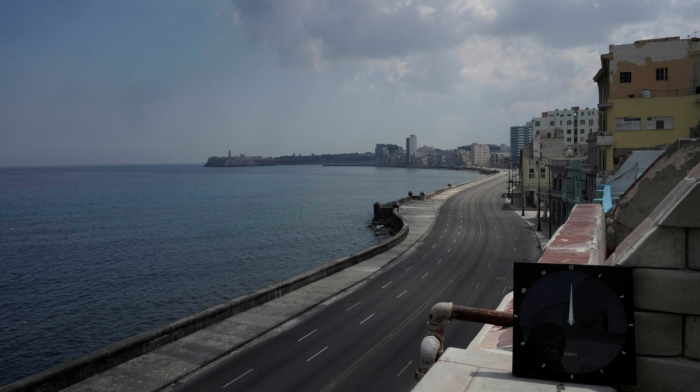
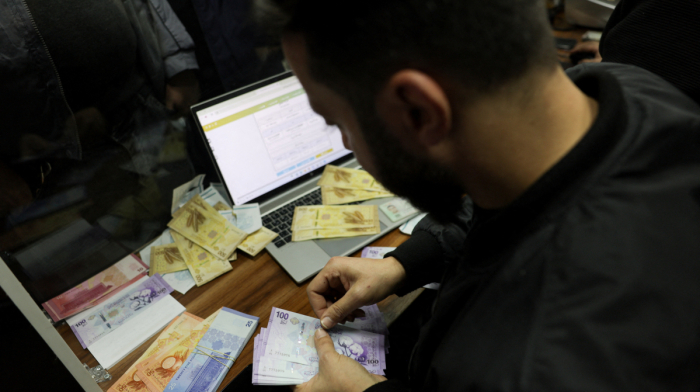
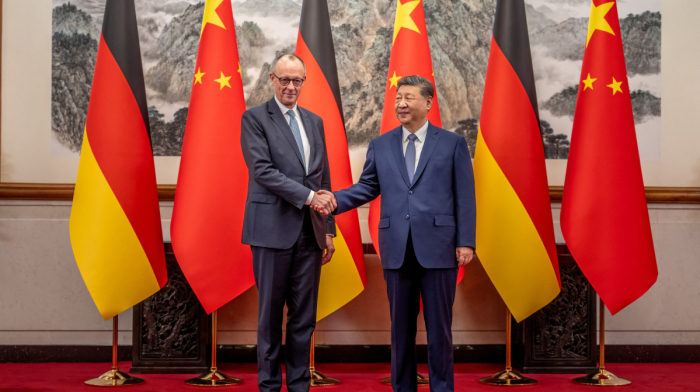
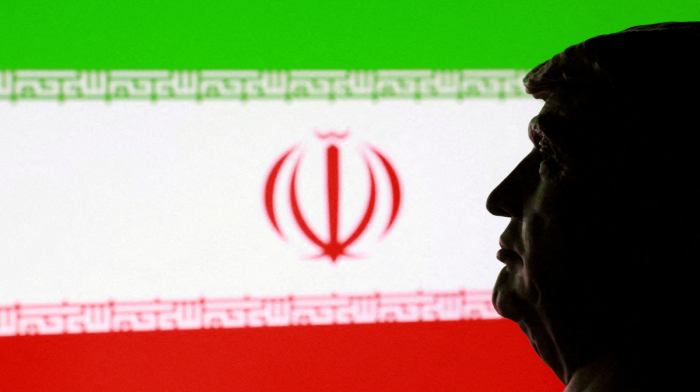
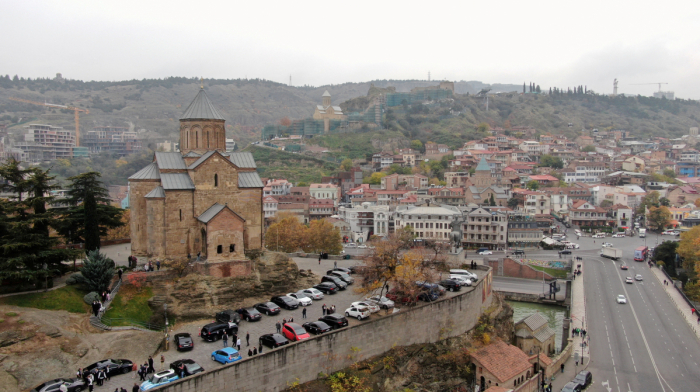

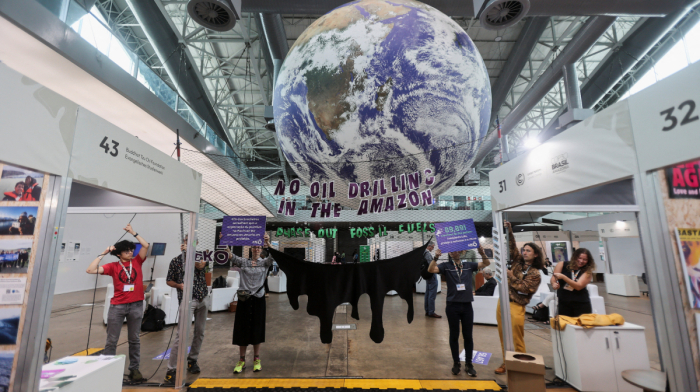
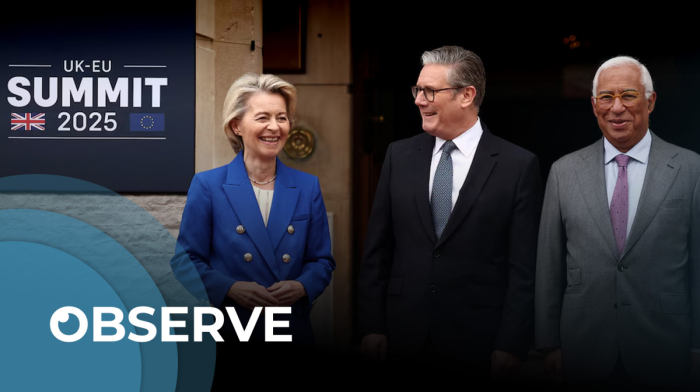

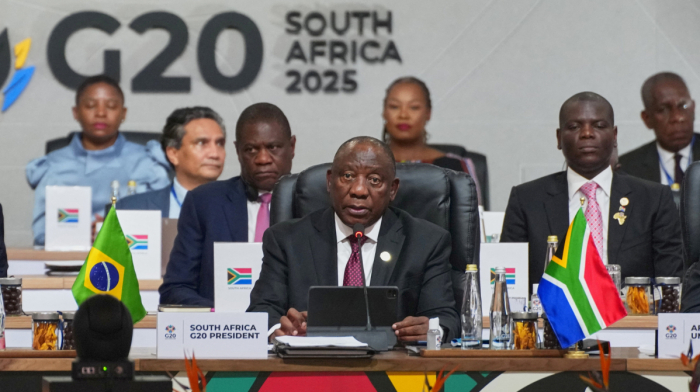
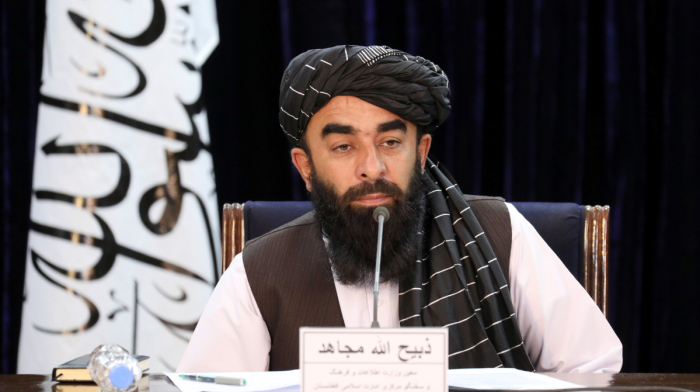



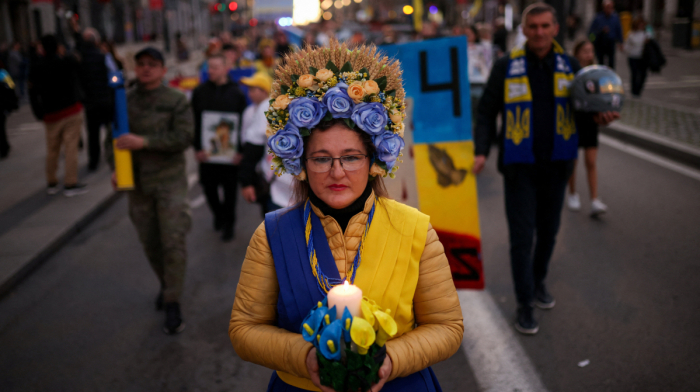
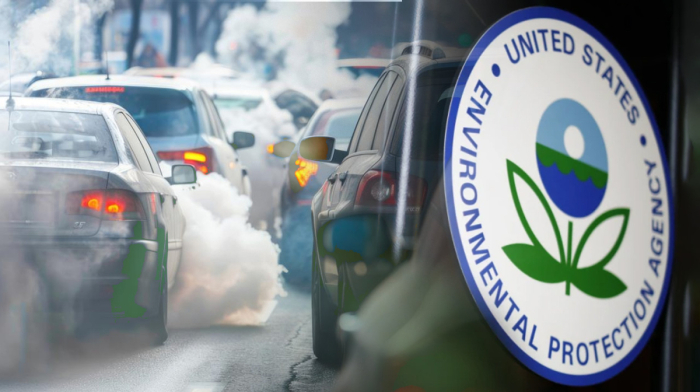
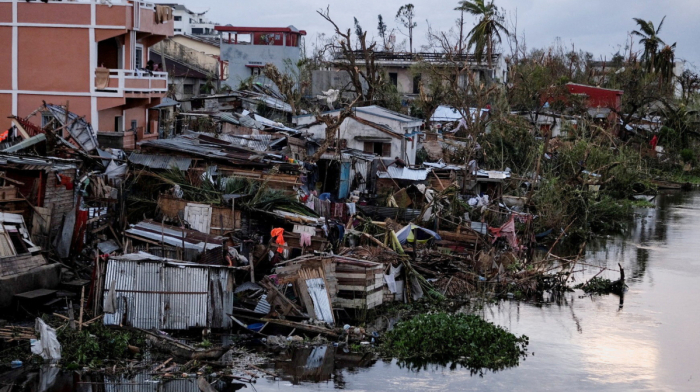
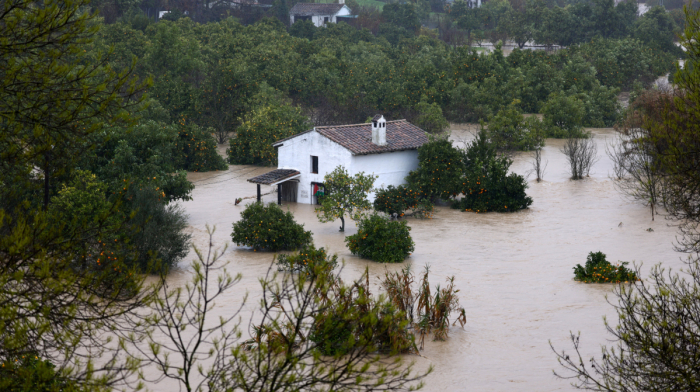
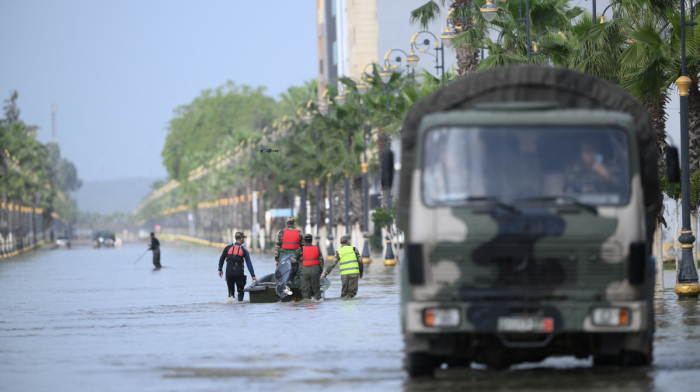
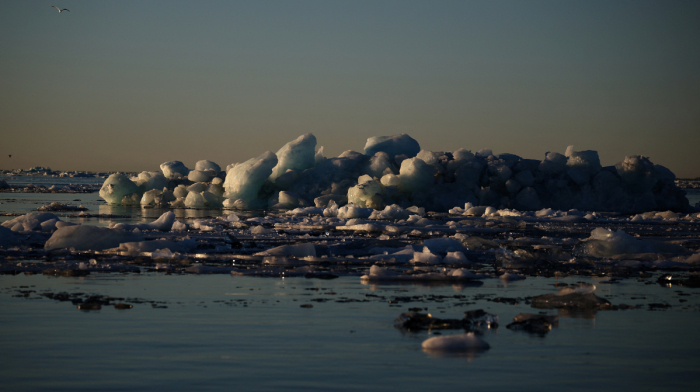



What is your opinion on this topic?
Leave the first comment